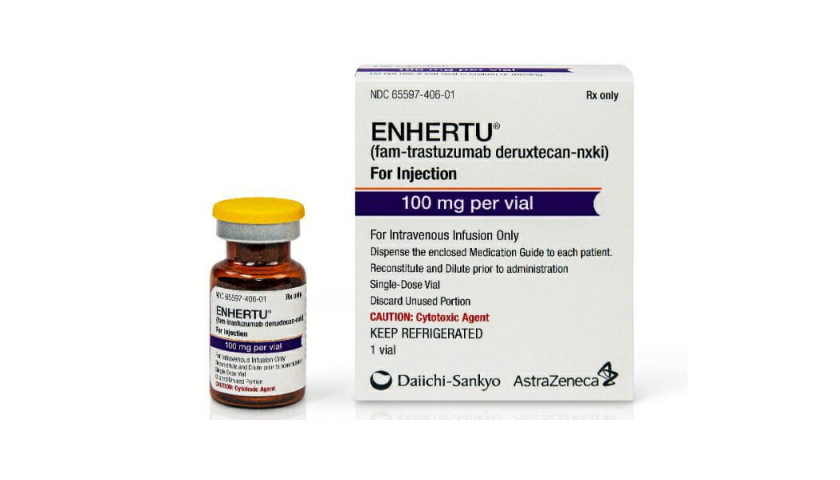Roche gets FDA approval for HER2 breast cancer diagnostic

The FDA has approved Swiss pharmaceutical company Roche’s first companion diagnostic for identifying those patients with HER2 low-metastatic breast cancer who are eligible for ENHERTU.
The approval brings hope to many, with breast cancer having surpassed lung cancer to become the most commonly diagnosed cancer in the world: there are approximately 2.3 million new cases each year, and each year over 620,000 breast cancer patients will die.
Roche’s PATHWAY anti-HER2/neu (4B5) Rabbit Monoclonal Primary Antibody test becomes the only FDA approved companion diagnostic indicated to aid assessment of HER2 low-metastatic breast cancer patients.
HER2 is a receptor protein that accelerates cancer cell growth. Based on the level of HER2 receptor protein expressed in patient breast cancer tissue samples, a patient is deemed HER2-positive if a tumour exhibits high levels of HER2.
However, of all patients with metastatic breast cancer (mBC), approximately half express low levels of HER2, historically meaning they are classed HER2-negative. Now, those patients with low HER2 status might be eligible for targeted treatment and a significant potential improvement in outcome, as they will be considered for the specifically engineered HER2-directed antibody drug conjugate (ADC) ENHERTU (fam-trastuzumab deruxtecan-nxki).
ENHERTU was jointly developed and commercialised by AstraZeneca and Daiichi Sankyo, based on the results of the phase 3 DESTINY-Breast04 trial. That study reported a 50% reduction in risk of disease recurrence or death, and an overall gain of six months over standard of care, in low-expression HER2 patients treated with ENHERTU.
The PATHWAY anti-HER2 (4B5) test includes a scoring algorithm that helps identify ‘low expressors’ of HER2, which assists pathologists in identifying those within the lower HER2 bracket who might benefit from ENHERTU as a treatment option.
CEO of Roche Diagnostics, Thomas Schinecker said: “Previously, metastatic breast cancer patients with a lower level of HER2 expression were considered to be part of the HER2-negative population and had no HER2-targeted treatment options. Now, they may be eligible for a HER2-targeted therapy, significantly increasing the number of patients who could have improved outcomes.”













